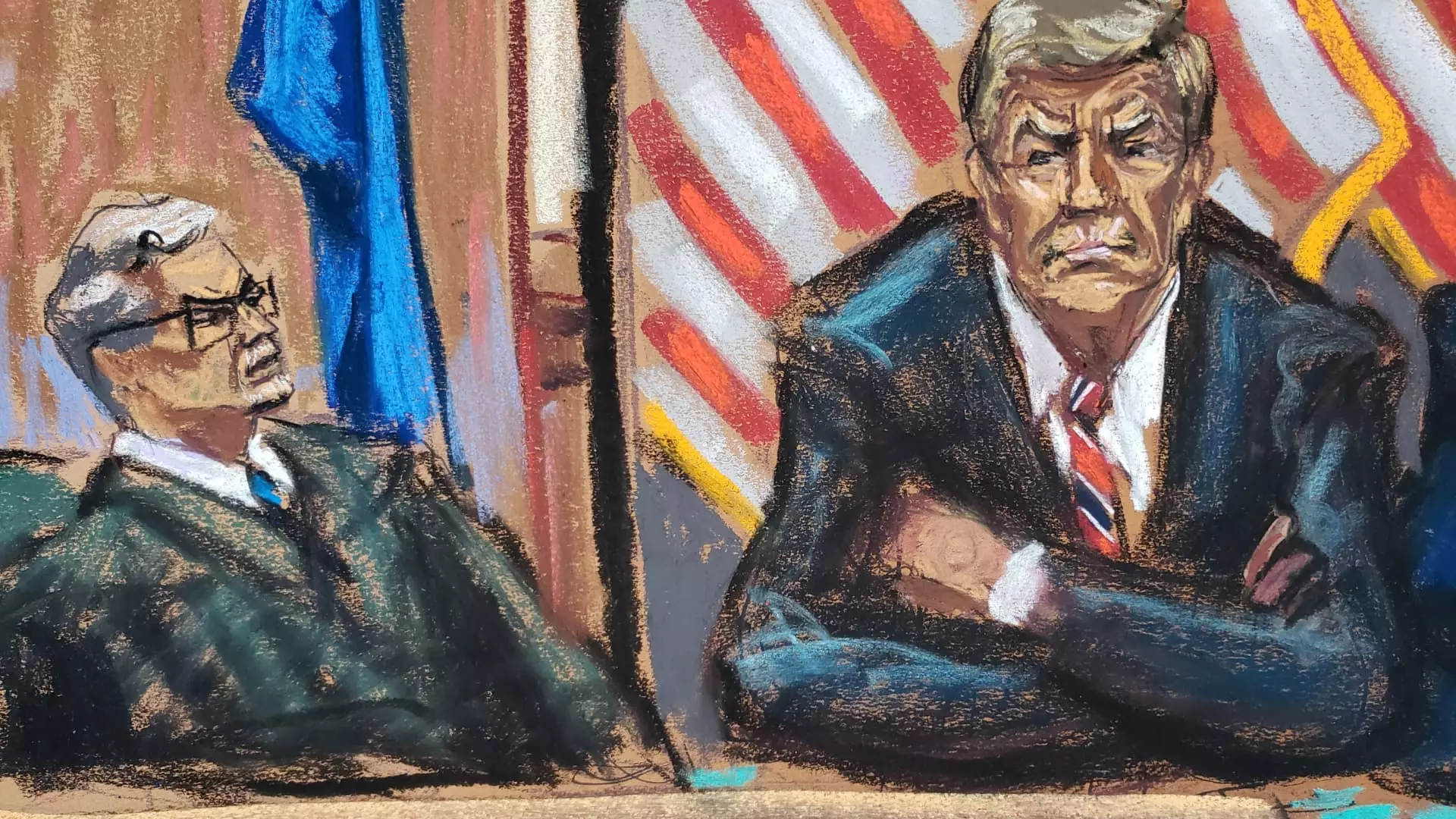The ongoing legal challenges facing Donald Trump have taken a dramatic turn following his recent electoral win. The latest development involves a New York judge’s decision to delay a ruling regarding the potential dismissal of guilty verdicts related to Trump’s hush money case. The case, which centers around alleged funds given to adult film star Stormy Daniels, has become a complex intersection of legal theory, presidential precedent, and electoral reality.
Manhattan Supreme Court Judge Juan Merchan was initially expected to deliver a ruling on the case, but has postponed the decision until November 19. This one-week delay comes in the wake of a request from the Manhattan district attorney’s office, which sought time to consider how Trump’s victory in the 2024 presidential election impacts the ongoing legal proceedings. Positioned beneath the weight of unprecedented circumstances, the court must now grapple with the ramifications of a sitting president facing legal issues stemming from actions taken before his electoral success.
The postponement has raised eyebrows, particularly due to its timing; it follows closely after Trump’s victory over Vice President Kamala Harris, marking a decisive moment in American politics. Traditionally, a president’s electoral mandate contributes to an increased scrutiny of legal actions against them, a point raised by Trump’s defense team. They argued that the implications of this occurrence warrant significant consideration, given the relationship between legal accountability and democratic legitimacy.
Trump’s legal team has requested that the court dismiss the case outright, citing a recent U.S. Supreme Court ruling that ostensibly provides former presidents with a form of immunity regarding actions taken while in office. However, District Attorney Alvin Bragg swiftly contested this assertion, maintaining that the Supreme Court’s ruling does not necessarily influence the legitimacy of Trump’s conviction surrounding the hush money payments.
The tension between the presumption of legal regularity following a jury verdict and the president’s ability to govern without encumbrances raises complex questions. Prosecutor Matthew Colangelo articulated this challenge in a public email, highlighting the need to balance the principles of justice with the realities of Trump’s role as president.
The Broader Consequences of the Delay
By agreeing to pause all proceedings, Judge Merchan acknowledges the peculiar landscape of American politics where a president simultaneously navigates the rigors of governance and the scrutiny of the legal system. This intersection complicates not only legal proceedings but also public perceptions of justice and accountability.
As the legal machinery grinds to a halt for reflection, ramifications extend beyond the immediate parties involved. The delay serves as a litmus test for the robustness of legal standards applied to elected officials. As America witnesses the unfolding of Trump’s case, the intersection of law and politics will remain a focal point, reflecting broader societal debates about governance, power, and responsibility.
While the judge’s decision to delay proceedings shines a light on the delicate balance between political and legal accountability, the outcome of Trump’s case remains uncertain. As the country continues to navigate this unprecedented legal landscape, all eyes will be on November 19, when Judge Merchan is set to make a crucial decision that could significantly influence both Trump’s presidency and the broader understanding of legal sovereignty in the context of elected power.


Leave a Reply